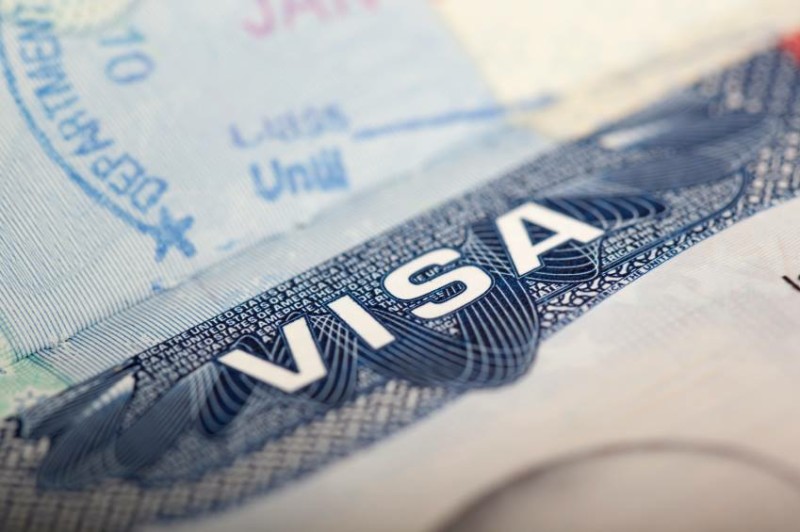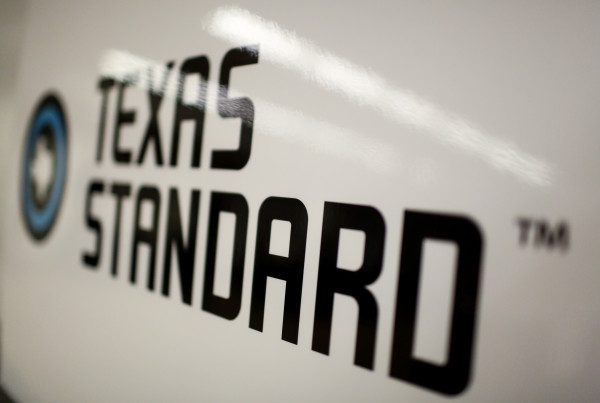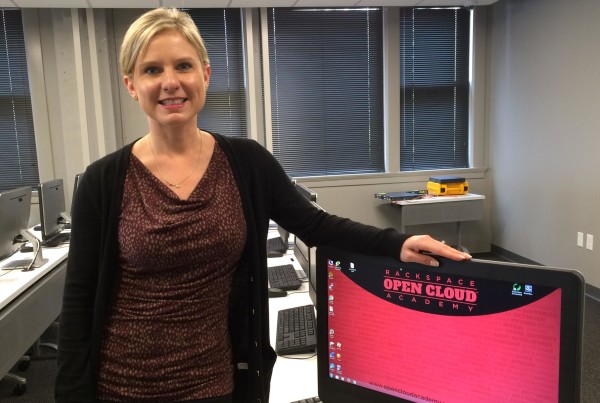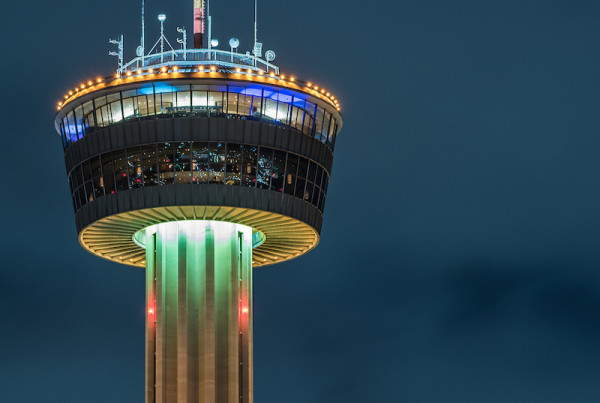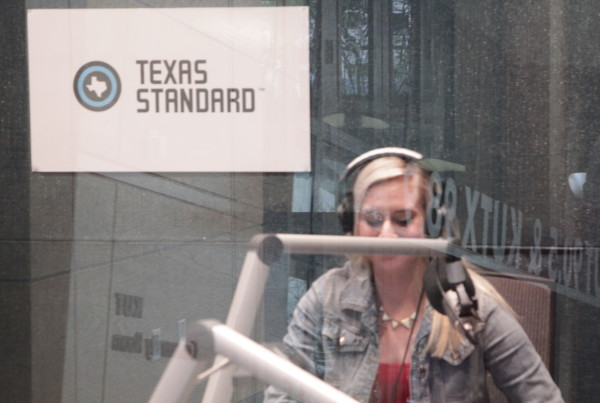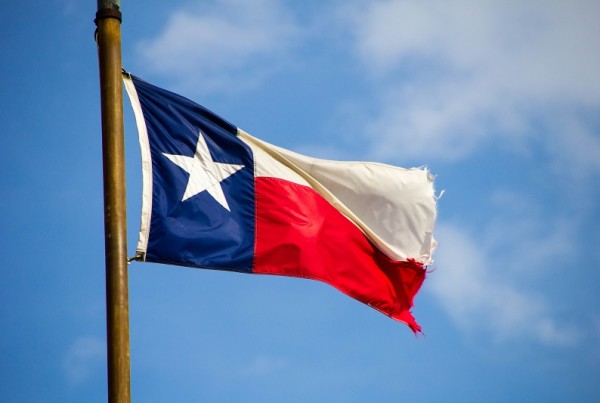The most common name in the world isn’t John or Juan – it’s believed to be Mohammed. But there’s an increasingly popular name among Afghans and Iraqis coming to the U.S.: FNU. It stands for First Name Unknown.
The letters are showing up on the official documents of thousands of people who worked with the U.S. military in Iraq and Afghanistan, who are now being resettled in places like Houston.
Lomi Kriel, a Houston Chronicle reporter, wrote about how this is creating hurdles in the lives of these new immigrants.
“We’ve had a lot of Afghans coming here in the past couple of years on a visa that Congress created for translators and others that worked for the U.S. government and then were in danger,” Kriel says. “That’s when the problem really started happening.”
Kriel says part of this problem is that the U.S. doesn’t recognize how Afghan names are structured.
“They traditionally only go by their first name and what we would think of as their last name is their tribe name, or their grandfather’s name or their place of birth,” she says.
A visa document, for example, will move the person’s first name to their last name and list their first name as FNU. Whole families will have different last names and the same FNU first name on their new documentation. FNU is printed on visas, and then trickles down to every other official document, like a person’s green card, driver’s license, car insurance, and bank accounts. This has a domino effect all the way down to how children are registered in school, Kriel says. But this lack of a first name doesn’t happen to everyone.
“These are the people that have risked their lives and those of their families to help us,” Kriel says. “We’re kind of burdening them with this bizarre abbreviation instead of a first name. Whereas, suspected terrorists, who go by multiple names and multiple conventions, we have figured out how to deal with that in the terrorism watch lists.”
Critics and national security experts say that this is a fixable problem, Kriel says. It’s a matter of just doing right by the people coming into the U.S.
In the meantime, there is something immigrant can do to sort out their documents, but it’s a long and involved process.
“Barring any kind of changes, (lawyers) are filing a name change petition for (immigrants) in state civil court,” Kriel says. “The process is still kind of complicated. Once they get that approved, they then have to go through the whole bureaucratic nightmare of changing every other document. It’s not only time-consuming but also can be really expensive.”


